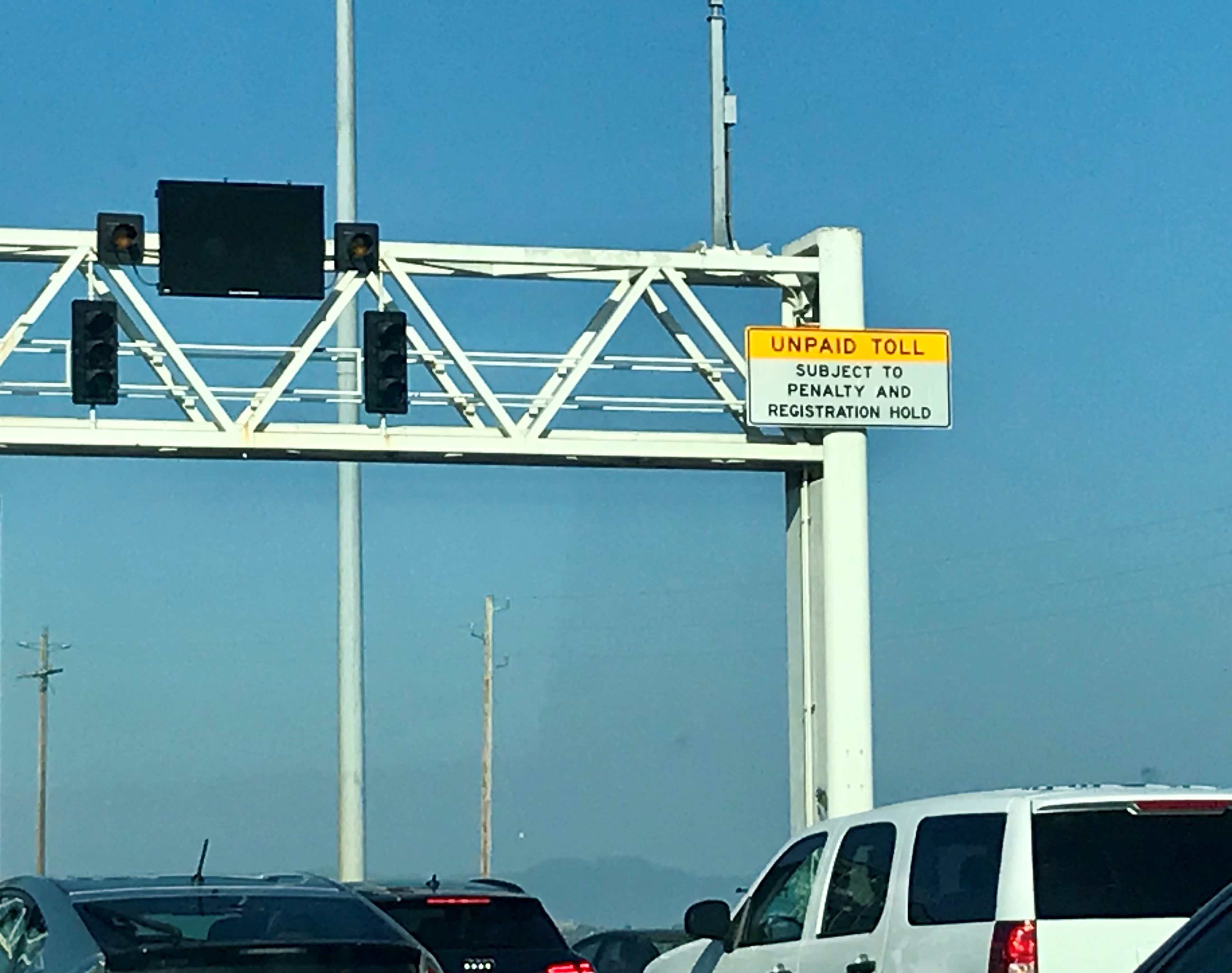
Starting July 1, drivers who have received violation notices for nonpayment after crossing any of the Bay Area’s state-owned toll bridges or using Bay Area express lanes will get a chance to settle all or part their bill with penalties waived, under AB 2594 by Assemblymember Phil Ting (D-San Francisco). An installment plan for bridge, express lane tolls and DMV fees is also available for income-eligible households.
“The penalties added to unpaid tolls created a financial hardship for lower income drivers, especially unbanked individuals who aren’t able to get a FasTrak without a debit or credit card. By considering fairness and equity in our toll system, we give people a chance to settle their debt without the added charges,” said Ting.
Before Ting’s reforms, the penalties disproportionately impacted workers who could not afford the outstanding invoices that kept escalating for nonpayment. The issue came to light most prominently when bridge toll collectors were removed, as the pandemic began, to minimize person-to-person contact. Drivers had to pay either electronically with a FasTrak or pay online once an invoice arrived in the mail for those who didn’t have a transponder. Turns out, this cashless option was costly for many.
Toll agencies were charging up to $100 for the first violation for late payments; $250 for the second; then $500 for each additional violation within one year. Balances kept rising, even if the invoices were sent to the wrong address. A $6 or $7 bridge toll, for instance, could balloon to hundreds - and sometimes thousands - of dollars after late fees and penalties were assessed multiple times. One Alameda County resident owed more than $30,000 – 90 percent of it attributed to years of penalties from unpaid tolls.
Because the Bay Area Toll Authority (BATA) is going further than the requirements of AB 2594, anyone now, regardless of income, can pay their toll debt and have all or some of their penalties waived by calling the customer service center at 877-229-8655 (877-BAY-TOLL). Customers without a credit or debit card can also make cash payments at the FasTrak Walk-In Center at 375 Beale Street in San Francisco, or at any of the cash payment network locations in the Bay Area. Mail-in payments by check or money order are also accepted. More information is available at www.bayareafastrak.org.
In addition, the payment plan option is available for customers whose household income is no more than 200 percent of the federal poverty level (about $60,000 for a family of four) and whose outstanding amounts owed (tolls, penalties and DMV fees combined) is at least $100. Customers who choose to enter a payment plan must make an initial payment of 50 percent of the outstanding tolls or $100, whichever is lower.
The new application process for waivers and payment plans is open through September 30, 2024.
To prevent similar problems of escalating balances in the future, other reforms spelled out in AB 2594 took effect January 1, 2023. Toll agencies statewide overseeing toll roads, freeway express lanes and bridges have until July 1, 2024 to reduce their violation penalties. State-owned bridges and express lanes in the Bay Area have already done so. In addition, the DMV must now notify people to change the address on their vehicle registration when they are doing so for their driver’s license, so that violation notices arrive in a timely manner.